Ourchives
an interdisciplinary
anti-colonial research project

About
Ourchives attempts to substantiate urgent debates on the provenance and afterlife of cultural objects from formerly colonised spaces in Scotland and beyond. We approach museum space and archives through the scope of positioned history and memory as opposed to a rational and scientific one, to deconstruct how dominant ideologies of nation-building, capital accumulation and cultural exceptionalism leave their mark on archival/ curatorial practices.
Our key collective concerns are politicising the archival and museum institution; interrogating archive, museum and institutional history; capacitating oppressed groups to reclaim space in archives, galleries, museums, towards self-determination; alternative forms of archiving, beyond imperial taxonomies and epistemologies of preservation; and exploring pre-colonial archives and archival practices.
WHO WE ARE
Tanatsei Gambura, Aayushi Gupta, and Jeanne Coppens are organisers who centre their work on the decolonisation of cultural institutions in their respective countries; Zimbabwe, India and Belgium.
Tanatsei is a poet, intermedia artist and cultural practitioner; her work seeks a community-based approach to anti-colonial resistance through creative expression and cultural practice. As a founder of the arts project, The 25 May Movement, she has collaborated with organisations including Zimbabwe’s National Gallery, the Goethe Institute and Enthuse Afrika to develop a program that increases the accessibility of arts to the general public in Harare.
Aayushi is a practising artist with a particular interest in critical writing on photography. Both her works and research are primarily interdisciplinary between photography, literature and philosophy. Her key concerns are understanding the evolution of various forms that media-based technologies have led to since their introduction to society; and further speculating what the future of photography will be, now that the digital image and Web 2.0 are overpowering various photographic practices.
Jeanne studies politics and anthropology at Edinburgh University. She has organised and written about the restitution of looted cultural objects in European institutions. Her work questions the tensions between colonial amassment and cultural erasure.
Coming from ranging contexts, Tanatsei, Aayushi and Jeanne's Edinburgh-based project is founded on a nuanced and contrastive view of the psychological, political and cultural dimensions of the post-colony.
Entry reading
- Exhibiting Cultures, the Poetics and Politics of Museum Display by Ivan Karp
- African Museums in the Making: Reflections on the Politics of Material and Public Culture in Zimbabwe by Munyaradzi Mawere, Henry Chiwaura, and Thomas Panganayi Thondhlana
- Museums and Social Activism: Engaged Protest by Kylie Message
- The Birth of the Museum by Tony Benett
- Radical Museology: Or What's Contemporary in Museums of Contemporary Art? by Claire Bishop
- The Cultural Logic of the Late Capitalist Museum by Rosalind Krauss
- Culture and Imperialism by Edward Said
- Biographical objects by Janet Hoskins
Featured work
How can archives deal with the idea that (as Ariella Azoulay noted) archival objects are documents of people who, in the process of plundering and looting to construct institutions such as the archive and the modern-day museum, were made undocumented? Additionally, what is the perspective of the archivist when witnessing violent processes such as plundering and looting?
Museum spaces can be viewed as microcosms of the nation-state in which they are located. They arguably represent geopolitical imaginaries through texts, spaces and objects that consolidate embodied borders (race and citizenship), geographical borders (maps, inland and maritime boundaries), cultural borders, borders of wealth and property. In essence, they make the ‘norm’. And those norms come into existence through repeated exclusion.
On the other hand, collections of objects and documents within museums cross borders through various processes of displacement and dispossession that are constitutive of the European imperial enterprise (roughly 1500s - present), as well as international art markets and private donations.
Our interest lies in this dichotomy between documented objects and undocumented people, and how the museum is at once a vitreen of a particular nation-state, as well as a space of border-crossing. How do forces of exclusion and inclusion operate in the front-and backstages of museums?
Museums are often described as “memory machines”. They were built for a reason – to organise the past – and digital media mediates that organisation. Museums have historically silenced and manipulated voices, and been employed to – and still do – contribute to politics. It’s important to ask how Scottish institutions and the content you produce are protecting and preserving “clear cleavages in society” and inequalities amongst People of Colour.
Connect with us
